What to eat when you are a plant-based Ironman
The Planted Athlete
You are an Ironman. These are the words my plant-based husband heard after a solid day made up of a 3.8km swim, 180km ride and 42.2km run. The distances required racing an Ironman event.
It’s a long day in anyone’s books but a day that anyone who isn’t familiar with the sport or continual movement of their body finds unfathomable. How can someone go out there and swim, bike, run those distances and a) enjoy it and b) actually complete it – its a long way.
A race like an Ironman is more than just the race; its years of training which consist of some very early mornings, late nights, social commitment no shows, early to bed, juggling work and training commitments, physio appointments, continual washing loads, fatigued mind and muscles, wavered enthusiasm, flat tyres, cold swimming pools and a never ending intake of food & protein shakes.
Eating machine
An endurance athlete including an Ironman is also known as an eating machine. Typically the physique of an Ironman is lean, well my plant-based husband is. Lean but strong. This is important. People are as intrigued with the training load as they are with the food intake but when you are a plant-based athlete, people are even more intrigued. Where does one get their protein? How do they cope with not eating eggs and steak? Don’t they need whey protein and milk to assist with recovery?
Four Food Groups
Following a plant-based diet means all your food choices come from four food groups:
- Fruit
- Vegetables
- Legumes & pulses
- Grains
In addition to the above fats from oils, nuts and avocados are also consumed. A person who follows a plant-based diet doesn’t consume any dairy, fish, meat or animal by-products such as gelatine. So what does a plant-based athlete eat?
Key foods
- Green vegetables including dark leafy greens and broccoli
- Tempeh or Tofu
- Legumes and pulses including baked beans, black beans, chickpeas
- Brown rice
- Turmeric
- Ginger
- Oats
- Potatoes including sweet potatoes
- Protein such as pea, rice or hemp
- Fruits including blueberries, pineapple, cherries, bananas and citrus
- Fermented foods including vegetables and miso
- Kombucha and kefir
- Nut butters
- Medjool dates
- Coconut water
- Avocados
- Coconut yoghurt
- Savoury yeast flakes
All of the above play an important role in performance and recovery; the golden rule is you eat today for your training tomorrow.
Chasing the calories
Endurance athletes are always chasing the calories, a single days long training session can burn in excess of 3000 calories which is over the average intake of calories recommended for the average person. But when replenishing calories, you still need to be mindful of the types of calories you are consuming – you need these calories to work for you so high net gain calories are key.
Your body goes through a great deal of stress when training especially when you are in the build up stages and peak training zones. You need to be mindful to not add extra stress by asking your body to work hard to digest foods that are high in fats, sugars and salt.
Foods to avoid
- Baked goods including pastries, cookies and cakes
- Fried foods such as French fries, donuts, spring rolls and dim sim
- Sugary drinks
- Most pizzas (unless you make it yourself)
- White bread
- Most fruit juices
- Gluten-free junk foods
- Ice cream
- Processed meat
- Processed cheese
- Most fast food meals
Energy giving, not energy taking
As an athlete, plant-based or not you want to eat foods that are energy giving not energy taking. Your diet should be made up of two key factors – real foods and mostly plants. Simple.
Quality foods and timings are essential to ensuring your body is well fuelled and receiving nutrients at the optimal times in order to aid performance and recovery. If you are struggling to get a hold of your diets mojo and wish to be more informed about your key foods, then contact Planted Life for a chat. We love nothing more than to talk food + movement.
Follow us on Instagram @plantedlifeau
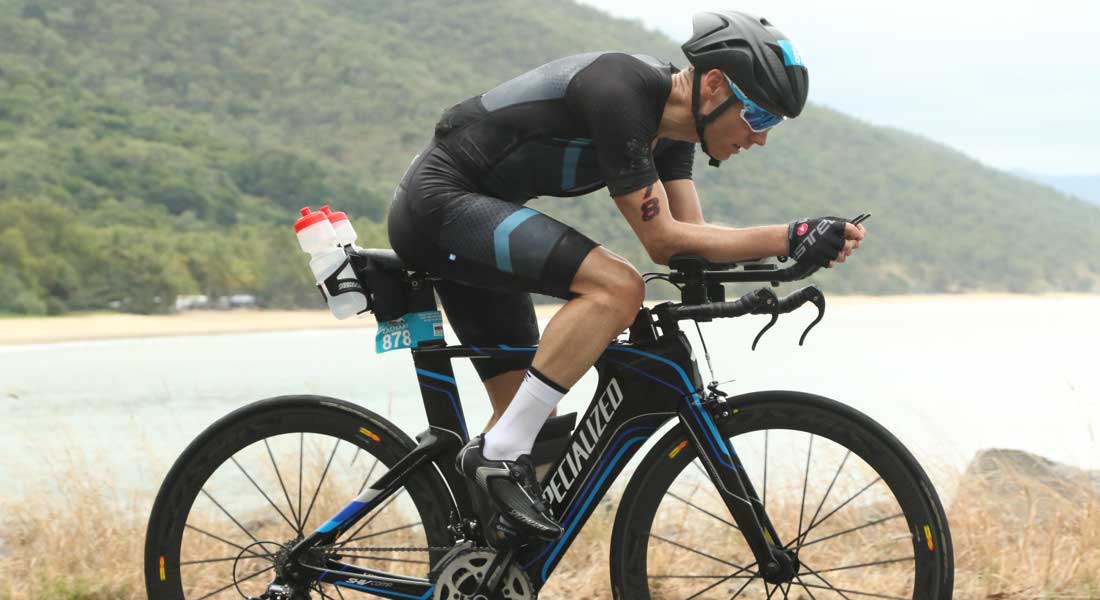
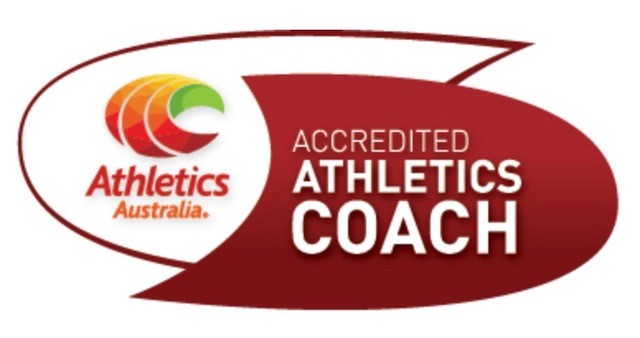

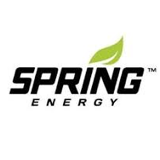
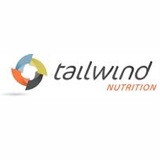
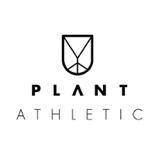

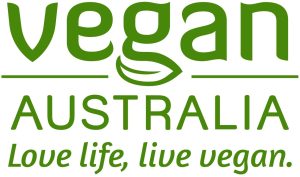


Leave a Reply